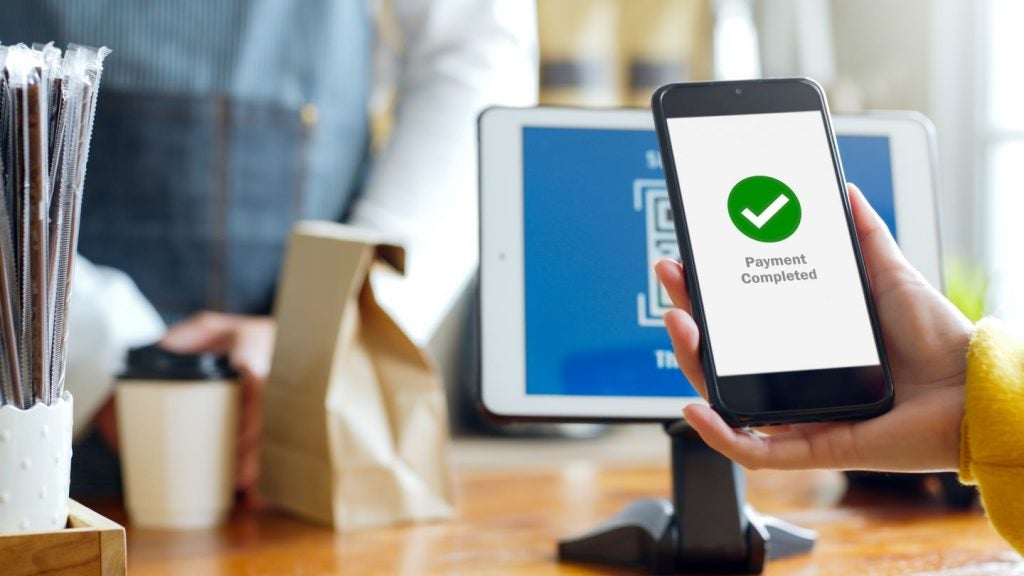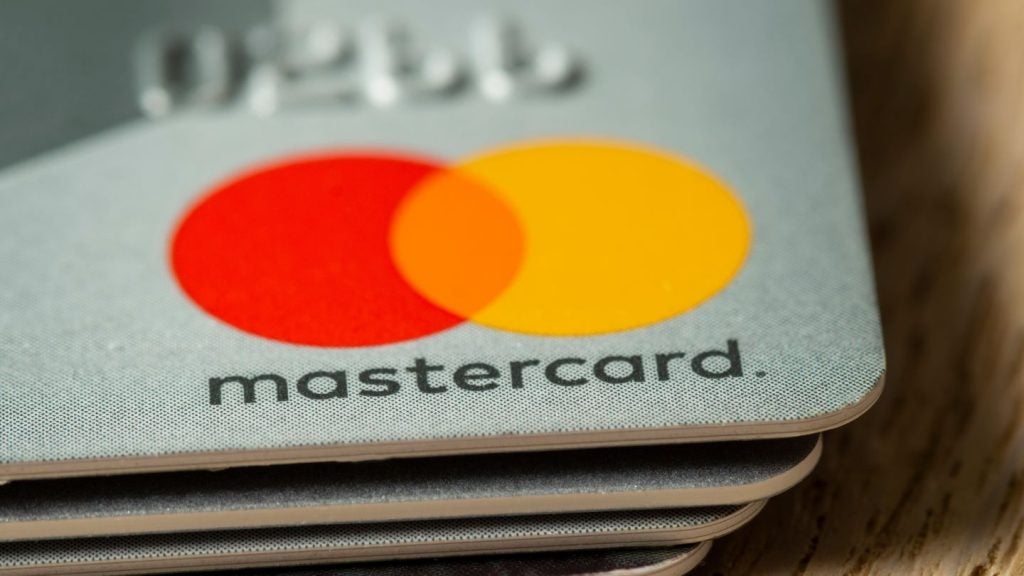Sho Sugihara is the CEO and co-founder of UK fintech startup Pave, which aims to make it easier for people to get better credit in a system arguably rigged against them.
There is no shortage of entrepreneurs claiming that their invention will overturn the status quo and bring about a shining new future, whether the industries they operate in require a reboot or not.
While people may argue that the need of startups revolutionising things like sports memorabilia is negligible at best, Pave and the startup’s CEO could transform the lives of millions of people if it is successful.
As such, Sugihara is part of a new wave of fintech founders attempting to transform the power of the industry into a force for good.
Pave and its CEO to boost credit for the masses
So why is it so important to transform the credit system? As Sugihara explains in this latest instalment of our series of CEO Chat Q&As, having a good credit score enables people to access important things like mortgages, business loans and even cars. It essentially enables you to tap into the life you deserves.
However, getting a good credit score is not easy, especially if you come from an impoverished background. To build a credit score you need to be eligible for things like credit cards, use them and always pay on time. Your credit ranking, after all, is dependent on your credit history. But everyone can’t even get to that stage of their credit journey.
That is where Pave and similar fintech companies come in. The London-based startup first saw the light in 2017. That was when Sugihara co-founded the business together with Chris Butcher.
They met via tech talent network Entrepreneur First. Butcher served as Pave’s first CTO until August 2021, according to his LinkedIn. Butcher then founded new fintech Cheq Payments in 2021 and serves as the new enterprise’s CEO.
The idea behind Pave is to help people build a better credit score with bill monitoring and credit building. The company has raised $8.5m to date, according to Crunchbase. Over half a million people use Pave’s services, the company claims.
Other fintechs for good
The makeup of Pave’s platform puts the startup on a similar mission to Keebo, which claims to have launched the UK’s first open banking powered credit card last year. The idea, as founder and CEO Michael Vanaselja told us at the the time, is to try to “help these people that have been excluded by giving them access to credit.”
In the US, Jay-Z-backed startup Altro raised $18m on the promise of allowing customers to use small subscriptions like Netflix and Spotify to build a better credit score. Similarly, Petal raised $140m Series D round at a $800m valuation, pledging to overturn the US’ “broken” credit system.
A similar critique has been vented from players in the budding buy-now-pay-later (BNPL) industry, which provides new and modern lines of credit.
“Roughly 70% of American millennials don’t have a credit card because they fear them more than they dread death, according to some reports,” David Sandström, Klarna’s chief marketing officer, told Verdict earlier this year.
Pave could also be seen as being part of a bigger wave of fintechs trying to do good.
Over the past few years have, for instance, seen a plethora of neobanks spring up to help minorities that have struggled to access banking services in the past. For instance, Purple helps people with disabilities, Majority services immigrants and Daylight secured a $5m seed round last year to help people in the LGBT community.
Is fintech funding drying up?
Pave and the company’s CEO have their work cut out for them. Not only is the credit card industry fighting back against startups vying for a slice of their pie – often by launching similar products of their own – but the tech industry in general is not in a great place right now.
As Sugihara notes further down, a “perfect storm” has swept in across the land, threatening to wash away the winnings made during Covid-19 and to permanently pop the tech bubble. Russia’s unjust invasion of Ukraine, the end of the pandemic, the threat of new regulation, the Great Resignation and the looming shadow of runaway inflation have thrown an spanner into the works for tech ventures hoping to grow in 2022.
The days of inflated super-valuations seem to be at an end. Tech shares are down by more than 30% this year while private startups like BNPL giant Klarna have been trampled by confidence-crushing down rounds.
Elsewhere, cryptocurrencies are crashing right and left, with exchanges like Celsius filing for bankruptcy.
Investors have understandably tightened their purse strings, reluctant to splurge on new and untested ventures when market conditions show no sign of improving.
While the gloomy outlook on the markets have stoked fears that fintech funding is running dry, research from at least three different sources suggest that investment is still keeping pace with levels seen last year. Data from research firm GlobalData, retrieved on July 19, noted that the industry has raised $30.1bn so far in 2022, which is roughly as much as was raised by this time last year.
Comparatively, research firm CB Insights has estimated that global venture investment in fintech firms sank 18% in the first quarter of 2022.
In this latest instalment of our CEO Chat series, Sugihara discusses the downward trend of the industry, the importance of building credit scores and what's next for Pave.
Eric Johansson: Tell us a bit about yourself. What did you do before founding the company?
Sho Sugihara: I grew up in Japan until age 16. For my first job I delivered magazines to homeless vendors in Osaka city for The Big Issue. I also had a job working in a hotel restaurant where the local crime syndicate were repeat clientele.
Right after high school I went to work for an entrepreneur who had set up an NGO providing financial and educational support to communities in São Paulo, Brazil. I saw the impact that one person could have on the lives of many, and was deeply inspired by that. That was the moment I knew I wanted to build my own business with a focus on solving inequality.
After university, I worked at McKinsey for three years to save up cash to start my own venture. Eventually I co-founded Pave in 2017 with Chris Butcher, who I met at Entrepreneur First.
Where did the idea come from?
At the time Chris and I had a hypothesis about self-employed and temp working people being underserved by the financial system for their unique earning patterns and employment status. We interviewed hundreds of workers to learn about their struggles with accessing fair financial products, especially credit. Eventually we came across the insight that many were looking for better ways to build a credit history, and that’s how Pave got started.
Why is it important to boost people's credit score?
You can think of credit scores as a number that summarises how credit worthy you are. It’s based on your credit file, which is the main thing lenders look at when they’re deciding whether to lend to you or not.
The more credit worthy you are, the more likely you are to be approved for credit. A healthy credit score also increases your chances of getting better interest rates on credit cards and other forms of finance such as mortgages, car loans or even mobile phone contracts. This could mean huge savings in your lifetime.
What can other fintech founders do to help customers improve their credit scores?
You can launch a credit builder product. We would always welcome more companies in the market with a social mission to help consumers build credit. I also think fintechs could do more to communicate the impact that their products can have on a consumer‘s credit file, and I’d love to see more fintechs (especially BNPL) do this.
Fintech often get depicted in the press as putting its customers' financial health at risk. What do you say to that?
I do think some of this is merited. Let’s face it, over the last few decades financial services haven’t had a terrific track record when it comes to consistently helping consumers. I’m thinking of the 2008 subprime mortgage bubble, payday lending in the UK a few years back, and certain credit cards today.
But, I would argue that we can’t let the past cloud our objective assessment of today. BNPL is one of my favourite examples for this. If managed responsibly, it can be a way cheaper option for credit to a consumer compared to some credit cards, so it’s important we look at new fintech products objectively, and on a case by case basis.
There has been a marked slump in fintech funding recently. Why do you think that is?
There was a VC investment bubble building up from around 2020 or so. Covid-19 drove lax monetary policy which lowered the cost of capital and created a bullish investment environment. Surprisingly, some consumers had more disposable income than before due to work from home and furlough, and spent more online. The adoption of digital services accelerated, pushing up fintech growth rates.
It was a perfect storm for a bubble, and we’re now facing a correction as central banks carefully tighten back their policies, determined to avoid stagflation amidst a complex geo-political environment. I think the impact of this on fintech funding is clear: we’re going through an economic down cycle with high uncertainty, this will eventually turn into an upcycle, and repeat!
What’s the most surprising thing about your job?
People often say working hours at startups are tough. It’s true, they can be, but I’ve been surprised by it not being as bad as some jobs I’ve had in the past. What definitely took me off guard was the degree to which your emotions can fluctuate while building a business, that’s next level stuff.
What is the most important thing when you want to scale a company?
It’s very important to build a high-performing team who you can trust to delegate tasks to. Delegating the right job to the right talent enables your company to develop multiple projects at once when you’re scaling. Your employees get a greater sense of ownership over their work, and as CEO you get more time and headspace to oversee the big picture and make key decisions.
What’s your biggest pet peeve?
Numerous things make me upset. Mint chocolate chip ice cream is one of those. Also when I can’t find a matching pair of socks in the morning, devastating.
What's next for Pave?
More and more people in the UK are taking out credit amid an escalating cost of living crisis. We will continue to help our B2C customers upkeep their credit health with regular enhancements to the Pave App.
We’re also launching new B2B credit analytics services with Fuse, an all-in-one platform which will help businesses assess customer cash flow, affordability and credit worthiness to get better lending products to market more efficiently.
We think this is a key step to take at a critical time to widen the impact we can have, and achieve our mission of bringing millions more people into a fair financial system.
GlobalData is the parent company of Verdict and its sister publications.







